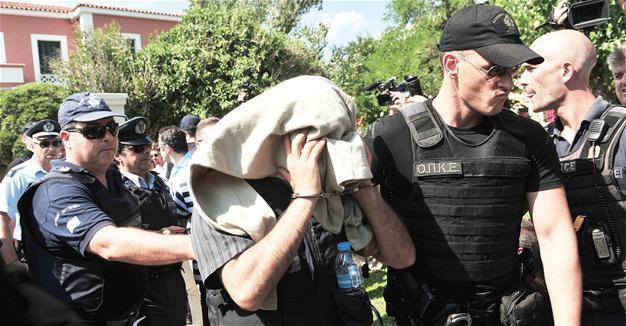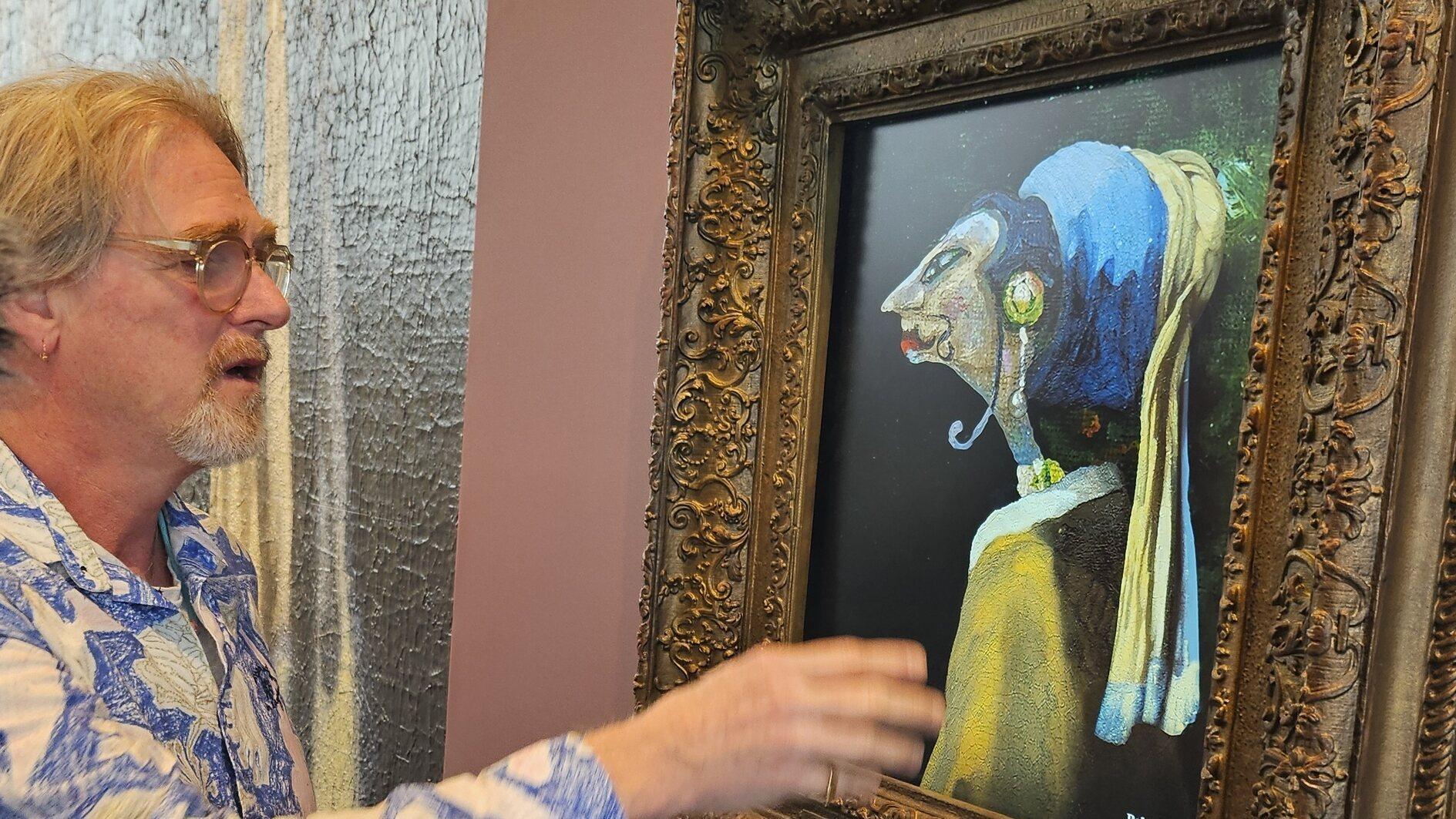Smugglers charging Gülenists 20 times the price for refugees to escape to Greece
Yorgo Kırbaki – ATHENS

AFP photo
Followers of the U.S.-based Islamic preacher Fethullah Gülen who are attempting to escape Turkey following a crackdown in the wake of the attempted July 15 coup are being charged up to 20 times the price of 700-800 Turkish Liras that was charged for Middle Eastern refugees to flee to Greece.The price came to light thanks to the testimonies of 18 people who escaped to Greece after the failed seizure of government, excluding the eight coup-plotting soldiers who landed in Alexandroupolis near the Turkish border with a military helicopter one day after the coup bid, were leaked to the media.
Three people, of whom two are professors in Gülen-linked schools and one public servant, said in their testimonies that they paid 15,000 Turkish Liras each to the smugglers to go to Rhodes from the Marmaris district of the southwestern province of Muğla.
In addition to the aforementioned three, who are currently seeking asylum in Greece, eight people – two men, two women and six children, are being held in custody in the Arhagelo village, which is 28 kilometers from the center of Rhodes, after landing on the island in September.
Meanwhile, the reason for the rejection of the asylum request of one of the coup-plotting soldiers was reportedly linked to “terrorism.” According to Greek daily Kathimerini, the asylum commission issued a 20-page report, rejecting Maj. Gencay Büyük’s request due to his “contribution to the coup, which can be regarded as a terrorist act.”
Greece’s political asylum commission on Sept. 21 rejected the asylum application of three of the eight coup-plotting soldiers. The soldiers have the right to appeal the decision to a higher commission or Greek courts.
Two majors, four captains and two non-commissioned officers escaped to Alexandroupolis and requested asylum in the country after July 15, while Ankara has asked for their immediate extradition on suspicion of involvement in the coup attempt.
In late July, a local Greek court sentenced the eight soldiers to two-month suspended prison terms on charges of illegally entering the country. They had initially been transferred to Kavala from Feres prison due to security reasons before eventually being brought to a camp near Athens.
The hearing of the asylum claim of the first of the eight soldiers with the asylum commission in Athens began on Aug. 19.
Three people, of whom two are professors in Gülen-linked schools and one public servant, said in their testimonies that they paid 15,000 Turkish Liras each to the smugglers to go to Rhodes from the Marmaris district of the southwestern province of Muğla.
In addition to the aforementioned three, who are currently seeking asylum in Greece, eight people – two men, two women and six children, are being held in custody in the Arhagelo village, which is 28 kilometers from the center of Rhodes, after landing on the island in September.
Meanwhile, the reason for the rejection of the asylum request of one of the coup-plotting soldiers was reportedly linked to “terrorism.” According to Greek daily Kathimerini, the asylum commission issued a 20-page report, rejecting Maj. Gencay Büyük’s request due to his “contribution to the coup, which can be regarded as a terrorist act.”
Greece’s political asylum commission on Sept. 21 rejected the asylum application of three of the eight coup-plotting soldiers. The soldiers have the right to appeal the decision to a higher commission or Greek courts.
Two majors, four captains and two non-commissioned officers escaped to Alexandroupolis and requested asylum in the country after July 15, while Ankara has asked for their immediate extradition on suspicion of involvement in the coup attempt.
In late July, a local Greek court sentenced the eight soldiers to two-month suspended prison terms on charges of illegally entering the country. They had initially been transferred to Kavala from Feres prison due to security reasons before eventually being brought to a camp near Athens.
The hearing of the asylum claim of the first of the eight soldiers with the asylum commission in Athens began on Aug. 19.
















